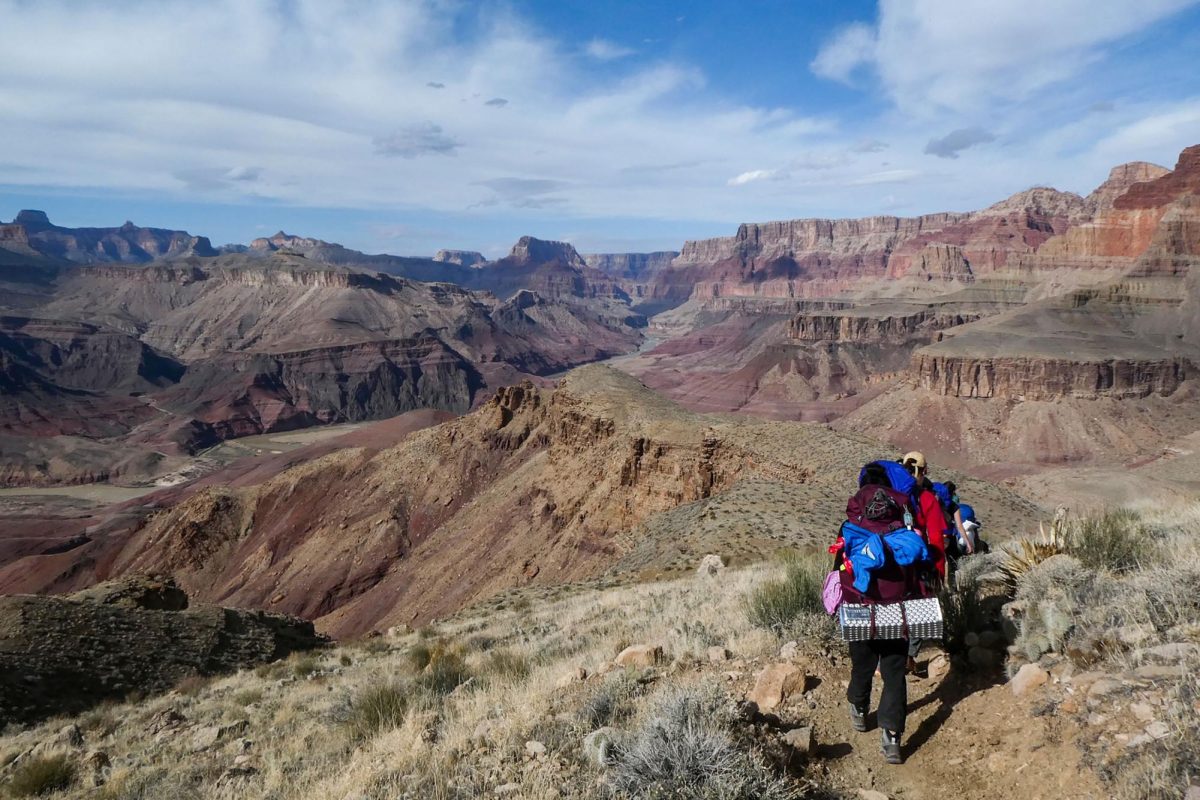Students are pushing back on the Trump administration’s recent approval of completing the Dakota Access Pipeline by protesting more than 1,000 miles away.
Native American and environmental activists have resisted the pipeline, which would go through Standing Rock Reservation in South Dakota, since April because of concerns about potential water contamination and disturbance of sacred tribal ground. Students who have protested against the pipeline said while the decision to complete the project is a setback, they will continue to protest in D.C. and hold phone banking sessions to lobby companies funding the construction to shut it down a second time.
Construction on the pipeline was initially blocked in December by the U.S. Army Corps of Engineers. But on Jan. 24, President Donald Trump signed an executive order to resume construction.
Green GW, a student organization focused on environmental issues, posted the names and contact information of banks that are funding the construction of the pipeline on Facebook, asking students to call the banks to pull their support for the project.
Isabelle Moody, vice president of Green GW, said the post is part of Green GW’s newest protest strategy to encourage students to divest their money from the pipeline.
“If we shift our focus from one of broader education on campus to a mission that’s more in line with environmental justice, I think we can make an even bigger impact,” Moody said.
Moody said that although her group recognized the environmental impact of the pipeline, members believe the spotlight should be on the Native Americans most affected by the project.
“What it comes down to is remembering that it’s about them,” Moody said. “The environmental movement is largely white and historically hasn’t paid attention to these kinds of issues. We really need to speak up.”
Kate Cooper, a sophomore and Eastern Band Cherokee, said she spent months protesting against the pipeline.
“When I first heard of Trump’s decision I was heartbroken,” Cooper said. “In his first days of presidency, he had managed to undo almost a year’s worth of selfless people putting their lives on the line.”
She said constructing pipeline was a human rights issue in that it puts sacred Native American land in jeopardy and could potentially pollute local water sources.
“Can you imagine being removed from land that was once yours, knowing that your ancestors were buried there, and then being told that a giant pipeline of oil was being drilled right through it? Let that sink in,” Cooper said.
More than 400 students marched from the White House to Rice Hall in November to protest Trump’s rhetoric supporting the pipeline, which included speaking out against his support for completing the pipeline. Students in the walkout called out the Lakota chant, “Mni wiconi, water is life.”
Cooper said she has participated in marches and demonstrations against the pipeline and found that people often didn’t know much about the pipeline’s impact.
“I feel like toward the end of 2016, there were still so many people who didn’t really understand ‘NoDAPL’ to its full extent,” Cooper said. “As uncomfortable as it can be, sometimes all you can do is try your absolute hardest to make sure that every person knows what’s really going on.”
Despite Trump’s decision, she said activists should continue the fight through in-person and online activism, as well as calling the companies that fund the construction.
“I soon realized that there was no point for feeling sorry and acting defeated,” Cooper said. “The fight isn’t over—now is the time to fight harder than ever.”





